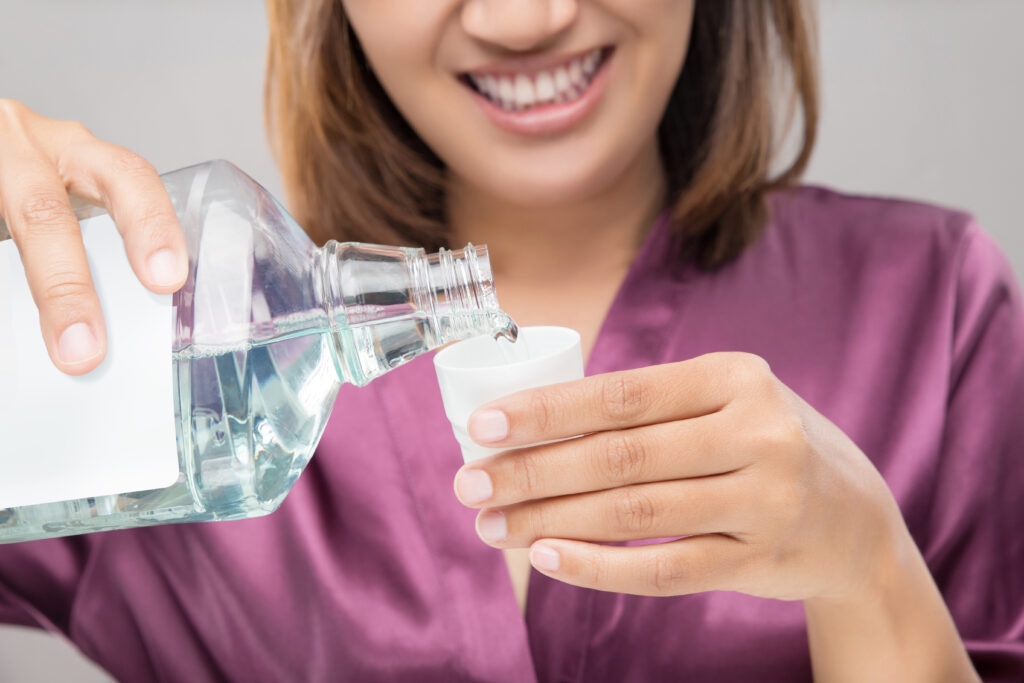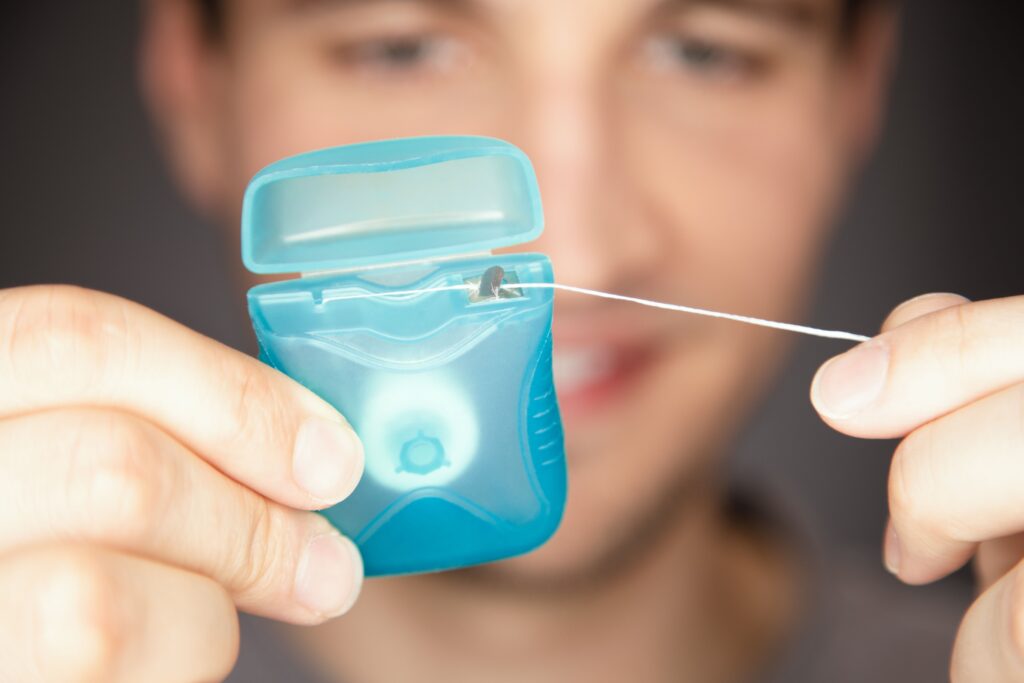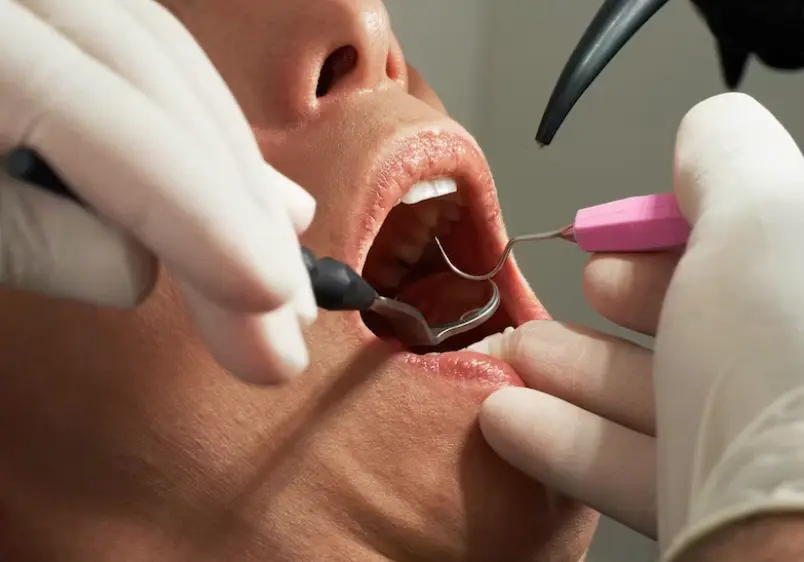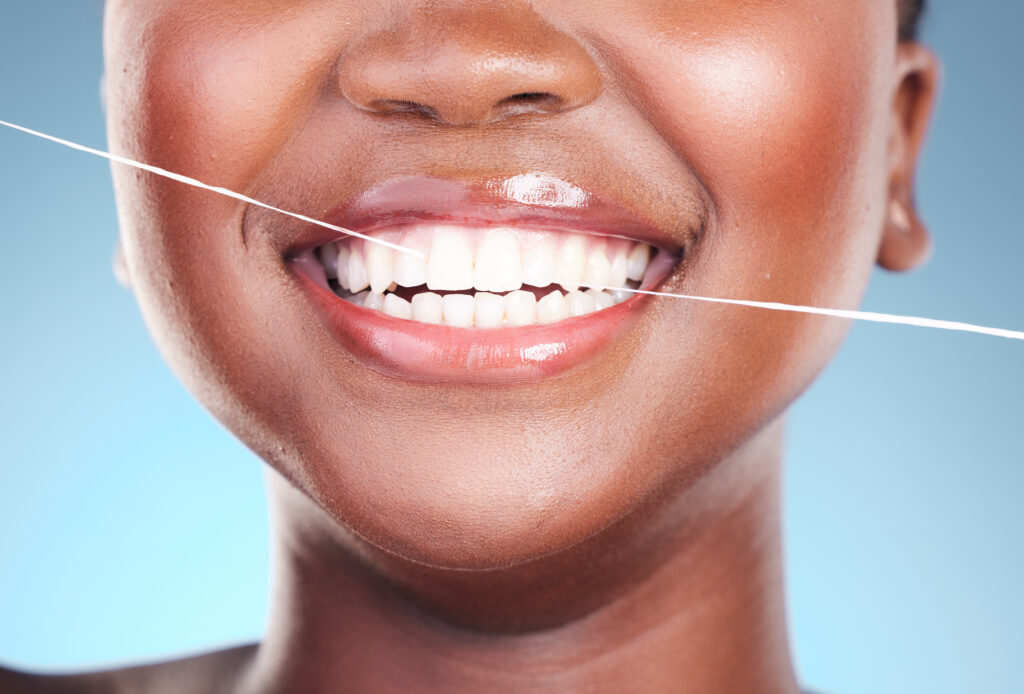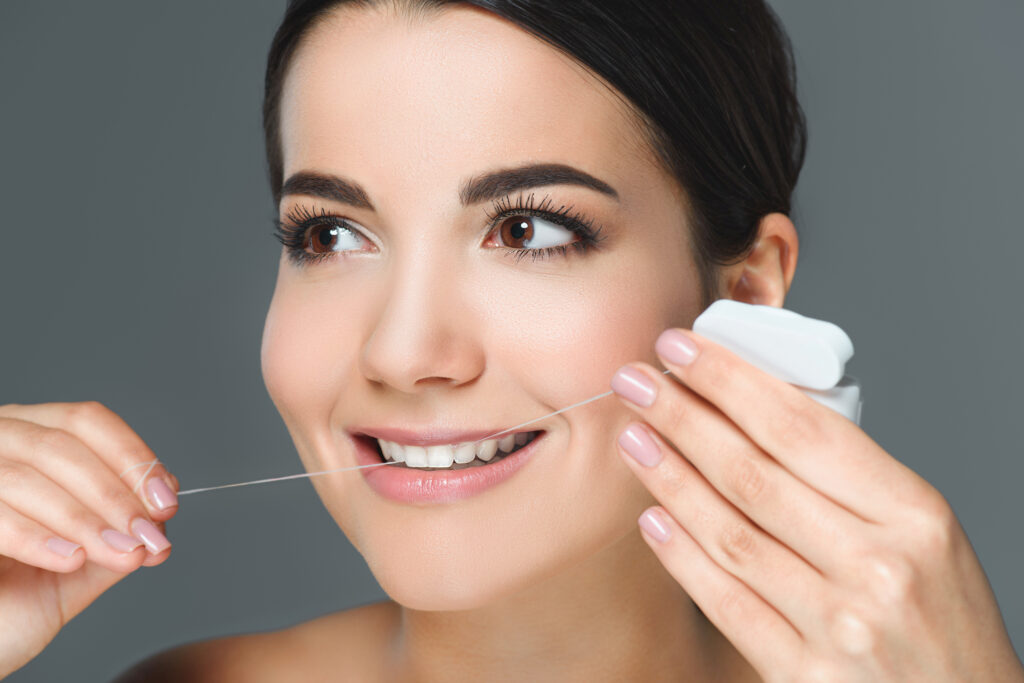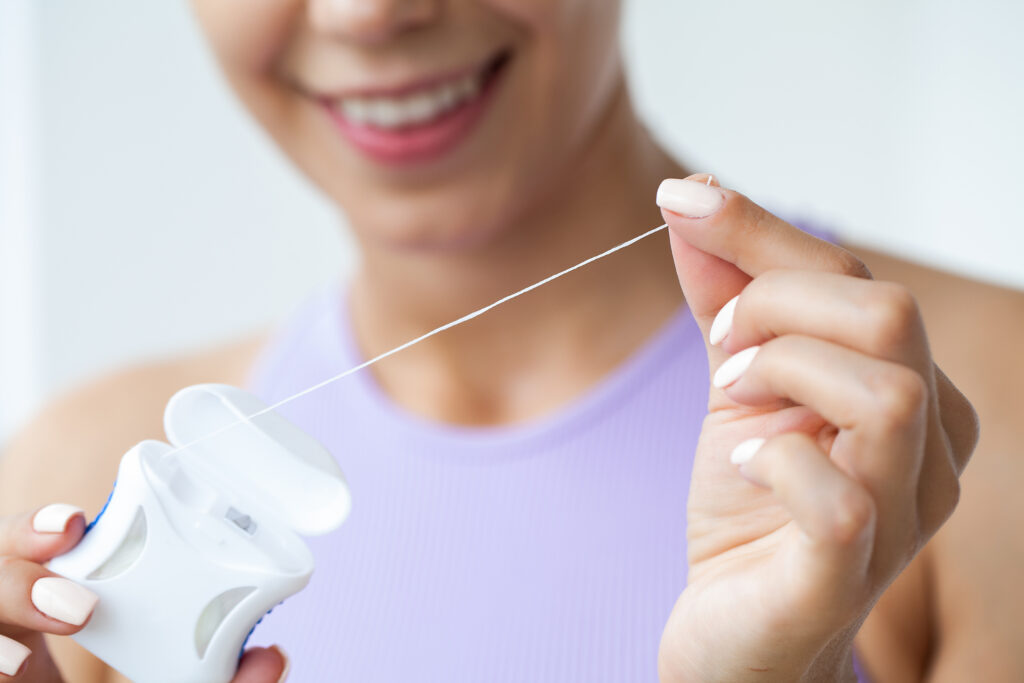Sleep apnea is a common sleep disorder that affects millions of people worldwide. One of the most effective treatments for sleep apnea is Continuous Positive Airway Pressure (CPAP) therapy, which helps keep the airway open during sleep by delivering a constant flow of air. However, what happens if the power goes out with CPAP? In this article, we will explore the consequences of a power outage with CPAP and the solutions to avoid any interruptions to sleep and breathing.
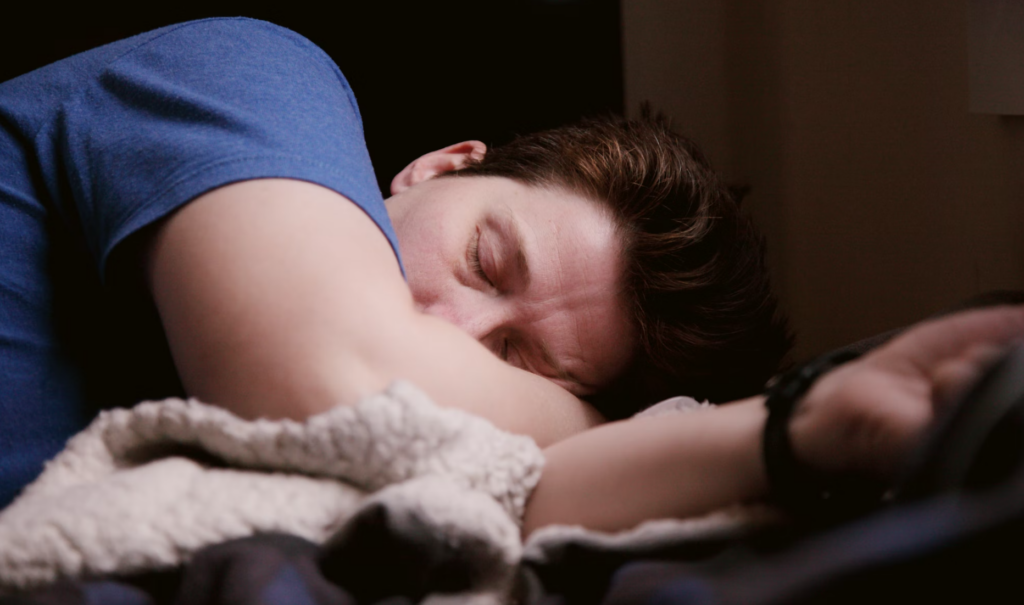
What Happens if the Power Goes Out?
CPAP machines rely on electricity to function, so when the power goes out, the machine stops working. This can lead to a lack of oxygen supply, which can cause discomfort, disrupted sleep, and even potential health complications. People who have severe sleep apnea may experience high blood pressure, heart disease, stroke, or even death if they don’t use their CPAP machine regularly.
Solutions for Power Outages
There are several solutions available to avoid any interruptions to sleep and breathing during a power outage. Here are three solutions that can help:
Battery Backup
A battery backup for your CPAP machine can provide power for several hours during a power outage. You can purchase a battery backup that’s compatible with your CPAP machine, and it’s easy to use. Just make sure to keep the battery charged so it’s ready to go when you need it.
Portable CPAP Machines
Portable CPAP machines are battery-powered and are designed for people who travel or have limited access to electricity. They’re lightweight, easy to use, and can run for several hours on a single charge. Some models even come with solar panels, making them a great option for outdoor enthusiasts.
Manual Ventilation
Manual ventilation using a bag valve mask can be used to maintain airflow during a power outage, but it requires training and experience. A bag valve mask is a device that’s used to manually deliver air to the lungs. If you choose this option, make sure to get proper training from a healthcare provider.
Choosing the Right Solution
Choosing the right solution depends on several factors, including the severity of sleep apnea, the length of power outages, and mobility needs. Here are some pros and cons to consider for each solution:
Battery Backup
Pros:
- Easy to use
- Provides power for several hours
- No need for manual intervention
Cons:
- Battery life may be limited
- May not be enough for longer power outages
Portable CPAP Machines
Pros:
- Lightweight and portable
- Can run for several hours on a single charge
- Great for people who travel or have limited access to electricity
Cons:
- May be expensive
- Limited battery life for some models
Manual Ventilation
Pros:
- Can maintain airflow during a power outage
- No need for electricity or batteries
Cons:
- Requires training and experience
- May not be effective for severe sleep apnea
Conclusion
It’s crucial to be prepared for power outages when using CPAP therapy to avoid any disruptions to sleep and breathing. Consider the different solutions available and consult with a healthcare provider to determine the best option for your needs. Always make sure to keep your battery backup or portable CPAP machine charged and ready to go, and if you choose manual ventilation, make sure to get proper training. Remember, sleep is essential for good health, and taking care of yourself includes taking care of your sleep apnea.
Alternative to CPAP
If you’re looking for an alternative to CPAP therapy, oral appliances can be a good option to consider. These devices, also known as mandibular advancement devices, are custom-made to fit your mouth and work by holding your jaw in a slightly forward position to keep your airway open while you sleep. They can be effective in reducing the severity of sleep apnea and improving sleep quality, particularly for those with mild to moderate cases of the condition. However, it’s important to work with a qualified dentist or sleep specialist to ensure proper fitting and effectiveness of the oral appliance, as well as continued monitoring of your sleep apnea symptoms. Contact Family Tree Dental today for more information about oral appliances!



